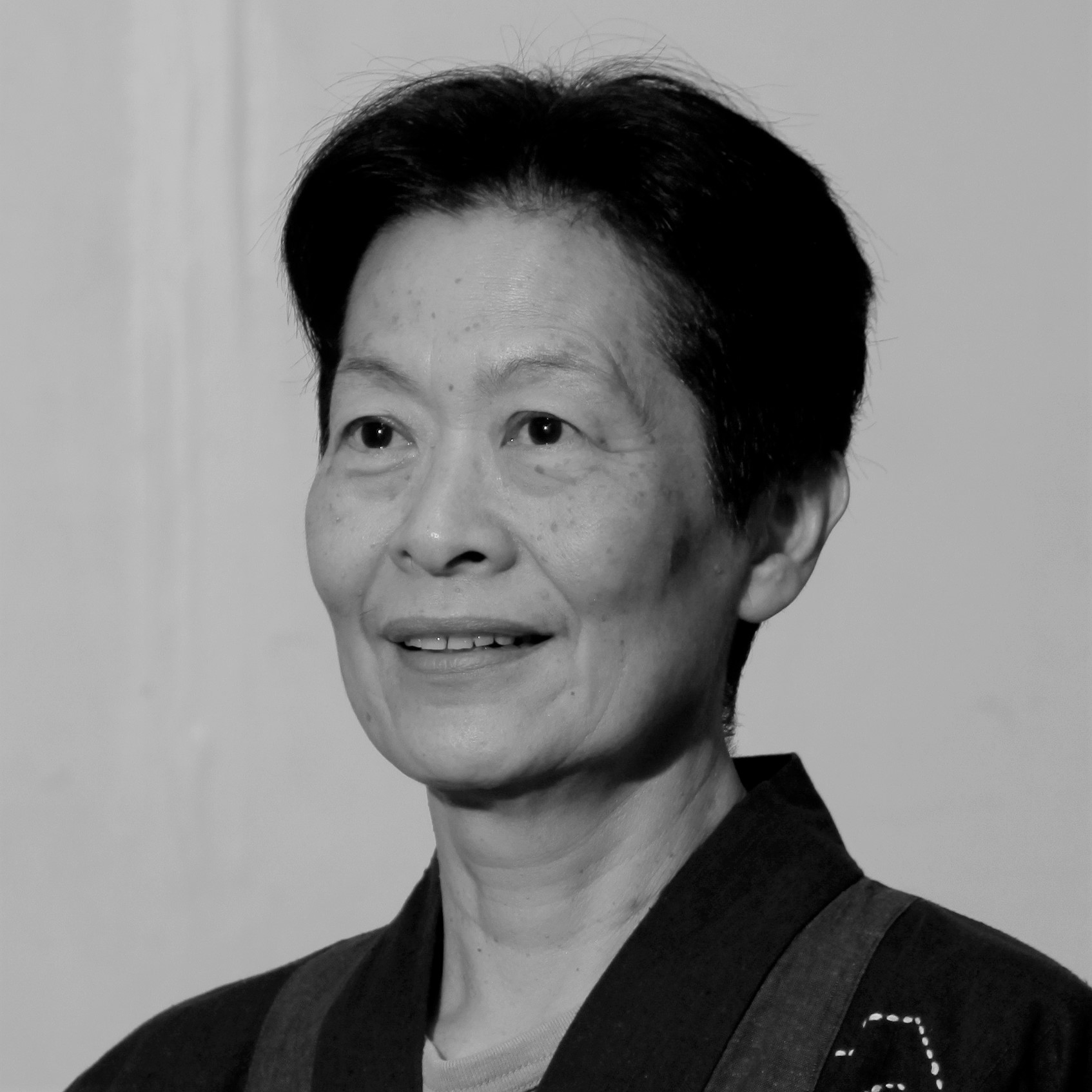- Home
- March 2023
- Revealing Complexities in the Practice of Faith in Malaysia

Previous Post
Echoes, Shadows & Footprints: A Symposium on the Upkeep of the Arts
9 min read
IT IS GENERALLY observed that there is a chasm between music, arts and culture practitioners, on the one hand, and academics on the other. The reason behind it...
Next Post
You might also like
Imagining National Culture: Lessons From Bangsawan
6 min read
IN THE FIRST half of the 20th century, Bangsawan, or Malay opera, started incorporating the latest Anglo-American dances and music into its already cosmopolitan...
Words and Music—Two Sides of the Sense of Hearing
3 min read
MUSIC HAS ALWAYS been a phenomenon to savour for the great thinkers. One can sense how these master craftsmen of words relished being stumped when it came to an...
Discourse on Sustainability and Indigeneity: PERA + FLORA + FAUNA 2022
4 min read
Photos by PORTPERA + FLORA + FAUNA (PFF) was one of eight “must-see” exhibitions held during the 59th International Art Exhibition of Venice Biennale, themed Th...

--.jpg)
.jpg)


